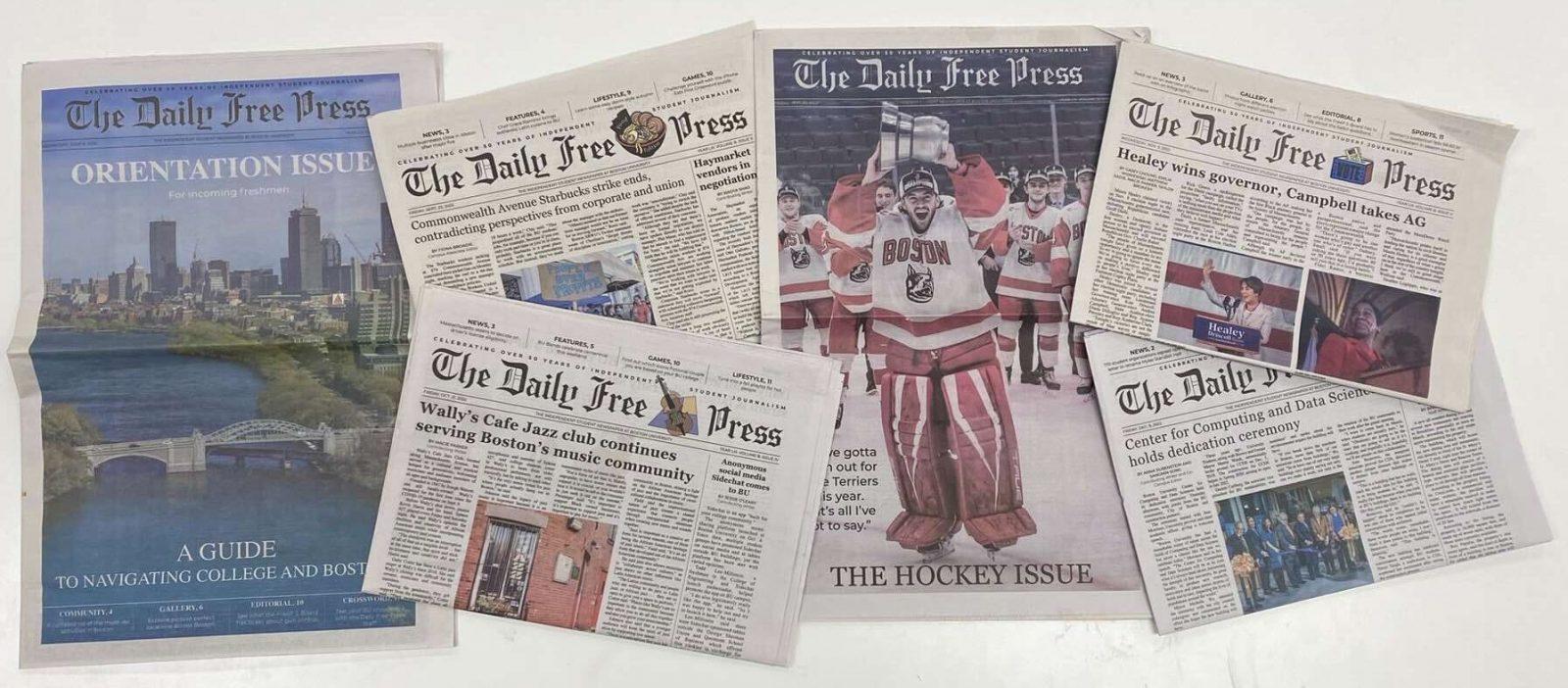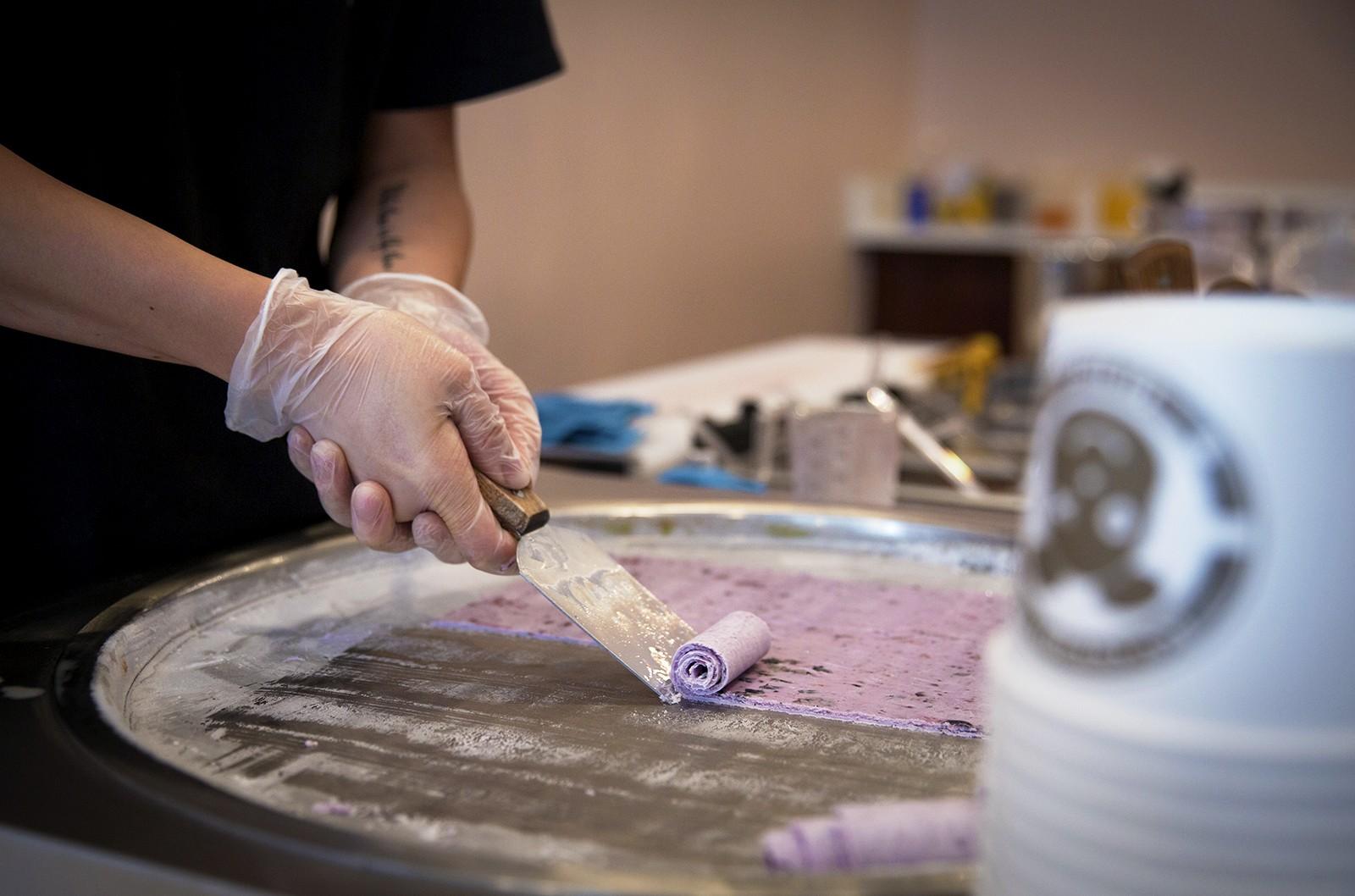Just as the Kennedy assassination was for my parents and as Pearl Harbor was for my grandparents, Sept. 11, 2001 was for me and my generation. It stood as a seminal moment, one of incomprehensible terror and evil that will stick with us all for the rest of our lives.
I always remembered when my grandfather sat me down and explained to me where he was when he was informed about the Japanese attack on Pearl Harbor. Upon finishing his story, he told me that he hoped and prayed that I would never have to go through a similar situation, one where someone described atrocities that were simply out of my control.
Months later, the greatest fears of him and so many others came to fruition as four coordinated plane crashes killed nearly 3,000 innocent people who were guilty of nothing more than going into work or catching a flight that day.
I, too, can now remember where I was when I heard about the attacks and although I couldn’t grasp the full magnitude of what happened or the factors that contributed to it, I knew that things weren’t going to be the same, at least for a while, if ever.
But in the dark days that followed, as crews cleaned and searched for bodies at Ground Zero in New York and as countless people around the country were forced to cope with the loss of loved ones, something that is often dismissed as a trivial aspect of life began to help a city and an entire nation heal – sports.
It wasn’t an impact that was immediately felt – both the NFL and MLB understandably postponed their seasons in observance of the tragedy – but in an era of multi-million dollar salaries and celebrity status in athletics, the same professional athletes who were previously seen as distant and selfish became involved in helping cities and communities rebuild.
In one of the country’s most critical hours, New Yorkers could turn to their TVs – or just down the block – and see Derek Jeter, Joe Torre and Mariano Rivera visiting a firehouse and providing a helping hand in whatever was needed. Members of the Knicks, Mets, Jets and Giants could also be seen around doing whatever they could; same went for teams in the Washington, D.C. area.
The calculated acts of terror that were meant to bring a nation and an entire people apart had done just the opposite – it had helped to form strong, indelible bonds among some of the most disparate people imaginable.
Though national pride increased exponentially and positive new relationships among neighbors, friends and family were built, a question lingered – would things ever be the same?
In some aspects, the answer was obviously no, particularly from a political and foreign affairs standpoint, not to mention the thousands upon thousands of people who lost those close to them forever.
But it was still uncertain as to when the pain and grieving would end, even if for a moment, and a sense of normalcy would return.
It was an answer that came with a single swing of a bat one fateful night in Queens as the New York Mets, in their first game back since the attacks, gave their city a reason to smile for the first time in a while. With the team sporting FDNY and NYPD hats, Mets catcher Mike Piazza hit a home run to deep center field that not only gave New York a late lead over the Atlanta Braves, but also allowed people the rare chance to smile and cheer in wake of true horror.
“There were people crying in the stands,” said former Mets manager Bobby Valentine in an interview with CNN. “They weren’t crying because they were Mets fans and that we took a lead on the archrival Braves – they were crying because they actually felt normalcy again.”
Piazza’s defining moment that night at Shea Stadium allowed those in New York, those who felt the tragedy most closely, to experience a moment of joy and exuberance just like they were at any other Mets game in the past, even though on this night, people were working late to dig away at the wreckage of the World Trade Center mere miles away.
As weeks and months wore on, many people turned to a similar scene to help regain a sense of innocence and routine – cheering on their favorite teams and players, with the New York teams gaining an increased amount of support. Even the Yankees, a team that seemingly always draws the ire of baseball fans both in Boston and around the country, bordered on being “America’s team” as they made a run to the World Series that year.
Even halfway across the country in my hometown of Louisville, Kentucky – where the sports topics centered around horse racing and the recent arrival of Rick Pitino – I began to understand the meaning and the inherent value of sports as a unifying force, even at the tender age of 11.
For most of my life, I have seen the overbearing allegiance to teams tear people apart into separate camps, but many other times, I have seen it bring people together, with the aftermath of the September 11 attacks towering far above the rest.
Hunter S. Thompson once said that sports allow us to “recognize each other instantly, even if we have to speak in sign language” and it’s something that rings true today.
At the end of the day, sports do not have a direct bearing on most of our everyday lives – it doesn’t influence political policy, it doesn’t dictate global economic trends and it doesn’t feed the poor and hungry.
But as the dust and ash settled at Ground Zero and a nation was forced to come to terms with a tragedy of unimaginable proportions, sports were there as a universal language and a source of pride and healing to those who needed it the most, something that I learned ten years ago and will never forget for the rest of my life.






















































































































